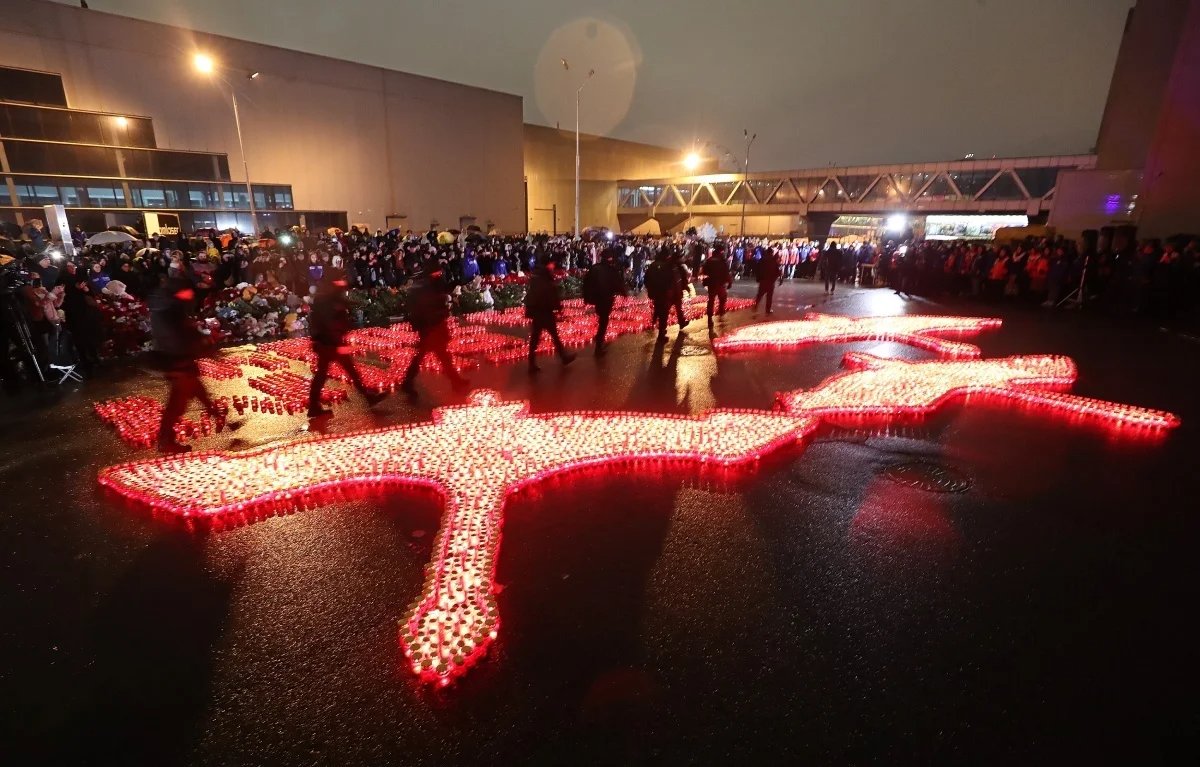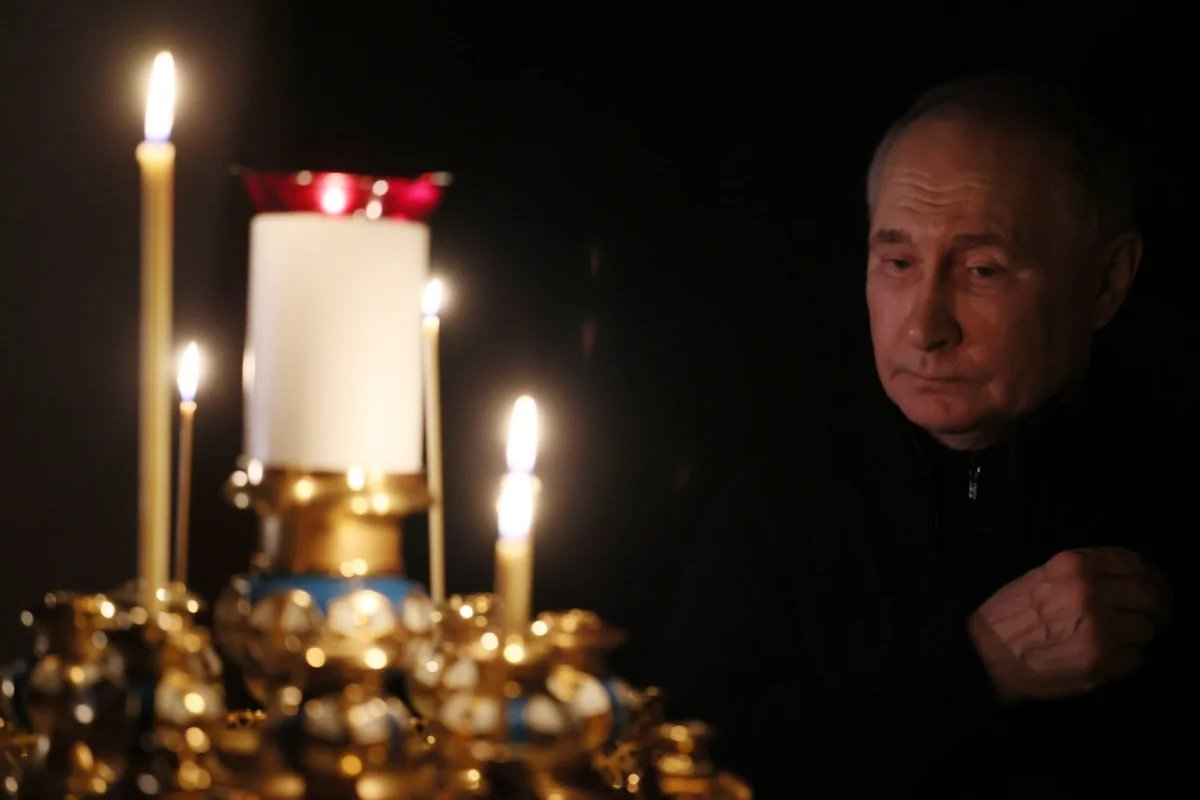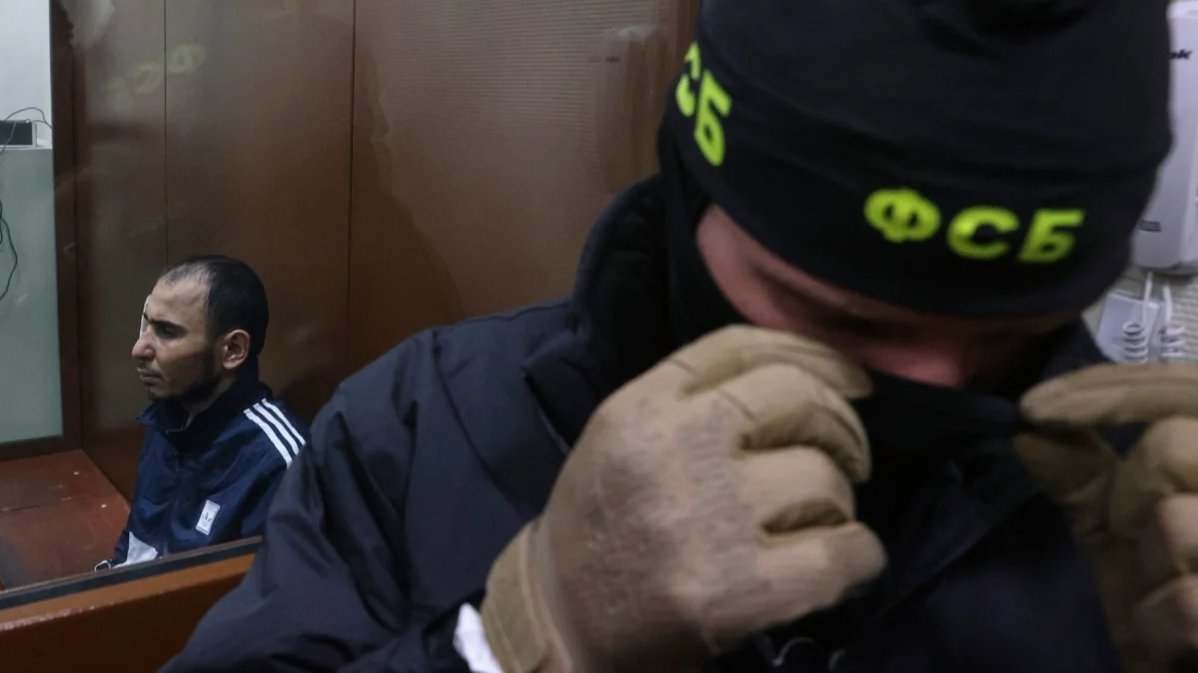This article was originally published in Novaya Gazeta Baltic.
Following the deadliest terror attack in Russia in 20 years, calls for the reinstatement of the death penalty have been heard in the State Duma, the country’s lower house of parliament, but it remains to be seen just how realistic lifting the decades-long moratorium on the use of capital punishment in Russia might actually be.
Irreversible up to a point
A moratorium on the death penalty that suspended the use of capital punishment without abolishing it outright was introduced in 1996 as a condition for Russia to join the Council of Europe, and it has been repeatedly extended by Russia’s Constitutional Court since then.
The last time the Constitutional Court made clear its position was in 2009, when it argued that the death penalty moratorium was “irreversible” and that lifting it would be incompatible with Russia’s international obligations under the European Convention on Human Rights, which provides for the unconditional abolition of the death penalty.
However, law professor Ilya Shablinsky stressed that this opinion was very much a product of its time, mirroring as it did “the Russian political elite’s view”. Then, Vladimir Putin retained generally good relations with European leaders and Russia appeared to be entering a period of modernisation and liberalisation under Dmitry Medvedev’s caretaker presidency.
By 2024, though, it became politically convenient for “aggressive supporters of the war” within the Russian government to push for the return of the death penalty, Princeton University researcher Yevgeny Roshchin says.

Memorial ceremony held at Crocus City Hall to honour the victims of the attack, 24 March 2024. Photo: Maxim Shipenkov / EPA-EFE
A dangerous weapon
Political scientist and researcher at the University of California Berkeley Ilya Budraitskis warned that the Russian authorities were seeking to exploit public anger following the Moscow concert hall shooting to push through a return of capital punishment.
Renowned Russian lawyer Sergey Pashin agreed, calling the death penalty “a very dangerous weapon” that would “give the security forces unjustifiably terrible power” and spur them to “lawlessness”. He also pointed out that criminologists had yet to find any evidence that the abolition of the death penalty led to an increase in crime.
Nonetheless, statistics show that many Russians support the return of the death penalty. According to a survey by the independent Levada Centre carried out in 2021, 41% of Russians believed that the death penalty should be restored, up from 31% in 2015. Only 17% agreed that the death penalty should be abolished once and for all.
What Putin says goes
Article 20 of the Russian Constitution, which relates to the death penalty, protects a person’s right to life, but says that “until its abolition, the death penalty may be established by federal law as an exceptional measure of punishment for particularly serious crimes against life”.
The Constitution only allows the death penalty to be considered in a jury trial and individuals charged with terror offences are not tried by juries in Russia, which would make it impossible to sentence convicted terrorists to death even if the death penalty were reinstated, Senator Andrey Klishas argued last week.
Putin signed a law finalising Russia’s exit from the European Convention for the Protection of Human Rights and Fundamental Freedoms in February 2023. However, the new law did not specifically abolish Protocol No. 6 that refers to the death penalty, which exists as a separate document.
Pashin points out that lifting the moratorium on the death penalty would be “legally extremely difficult” and would require amending a “protected” article of the Russian Constitution, one of the three chapters dealing with constitutional order and fundamental human rights that cannot be amended without first adopting a new constitution.
Article 20, which guarantees every person’s right to life and covers the death penalty, is in Chapter 2 of the Constitution and cannot therefore be amended by parliament, making changing it “practically impossible” according to Pashin.
Still, Shablinsky believes that if the Kremlin wanted to reinstate the death penalty, the Constitutional Court would follow Putin’s lead and “simply carry out the order”. Putin could use the situation to his advantage, Shablinsky adds, calling the Crocus City Hall attack “convenient” as Putin could “start talking about how Russia needs to defend itself in wartime”.
Nevertheless, Pashin doubts that Putin would support lifting the moratorium, as he has repeatedly spoken out against the death penalty in the past, promising that it would never again be used in Russia. Pashin believes that even if Russia’s security agencies and Duma deputies attempt to curry favour by handing the president the “weapon” of the death penalty, Putin would likely reject it.
Had the calls to reinstate capital punishment come from the Kremlin, however, the necessary legislation would have been pushed through, Pashin added.

Vladimir Putin lights a candle to honour the victims of the Crocus terror attack, 24 March 2024. Photo: Mikhail Metsel / Sputnik / Kremlin / EPA-EFE
Killers in the Kremlin
New life is breathed into the debate about reinstating the death penalty in Russia whenever a major terror attack occurs. For now, it’s too early to say if the authorities are sincere in their public calls to bring back capital punishment given that the same arguments are parroted after every high-profile crime, political analyst Fyodor Krasheninnikov said. “Such discussions are attempts to distract people from the failure of the intelligence and security services”.
Yevgeny Roshchin believes that the public discussion of the death penalty benefits those who support the war in Ukraine as increased societal hatred helps to support the “psychological mobilisation” of the country’s citizens.
Shablinsky worries that should the death penalty be reinstated, it would be used by the authorities to get rid of those who oppose the Kremlin regime and the parameters around its use would soon be widened to include treason and military crimes such as desertion or voluntary surrender.
Budraitskis agrees with this prediction: “Today those worthy of the death penalty are terrorists, tomorrow it will be their accomplices, the day after that it will be those who merely justify their actions.”
Yet it is not quite clear why the Kremlin would bother to lift the moratorium on the death penalty given that Putin already kills his political opponents, Krasheninnikov argues.
Shablinsky agrees: “People are already in prison for their views. The death penalty will be just another instrument of punishment in the regime’s arsenal”.

